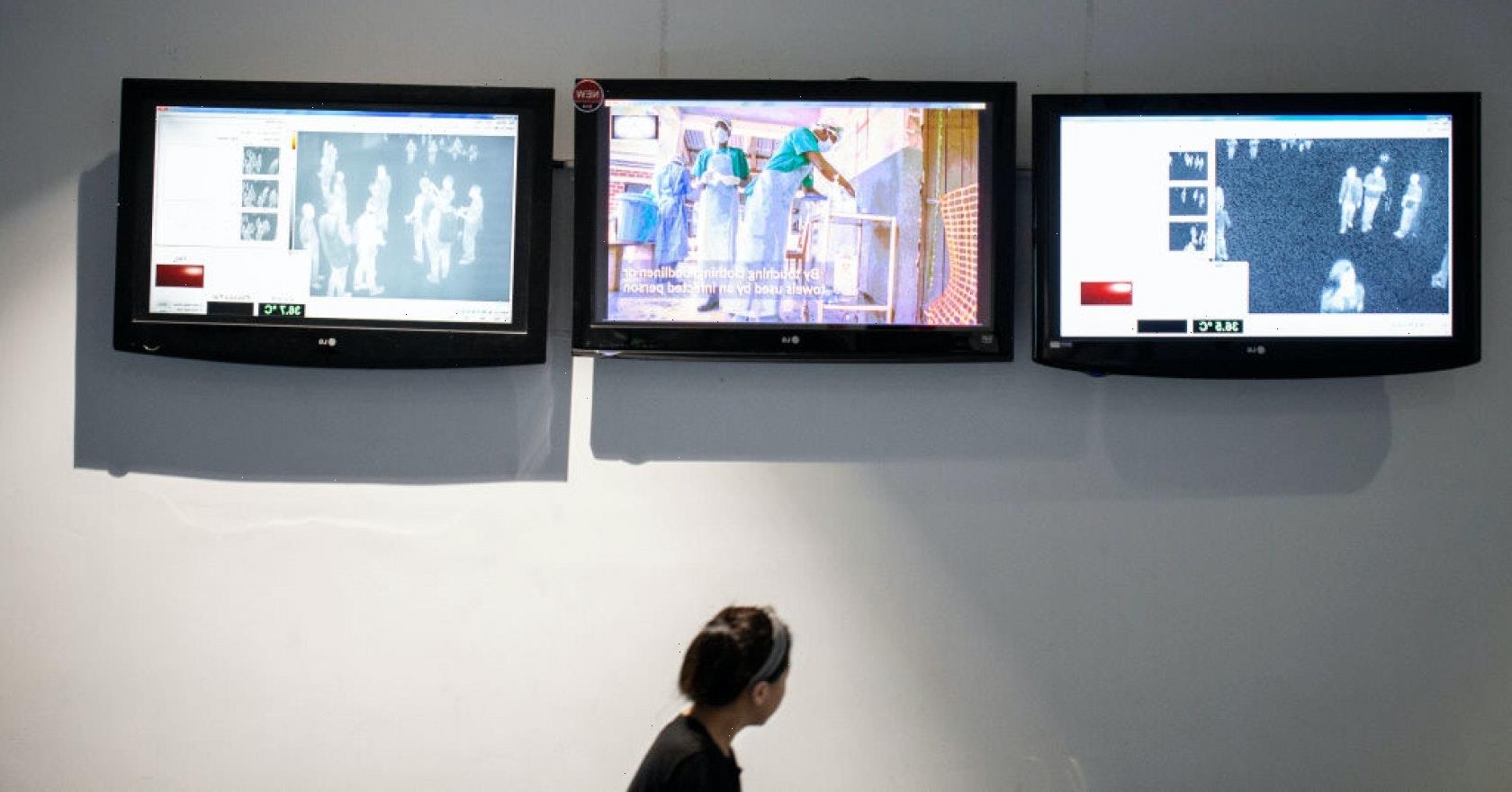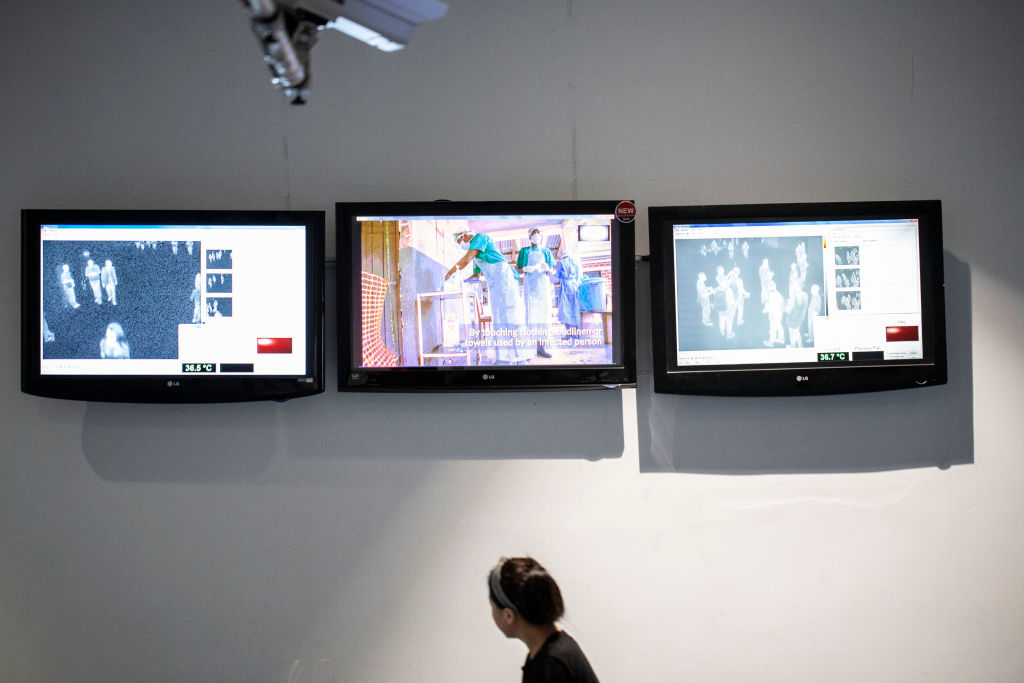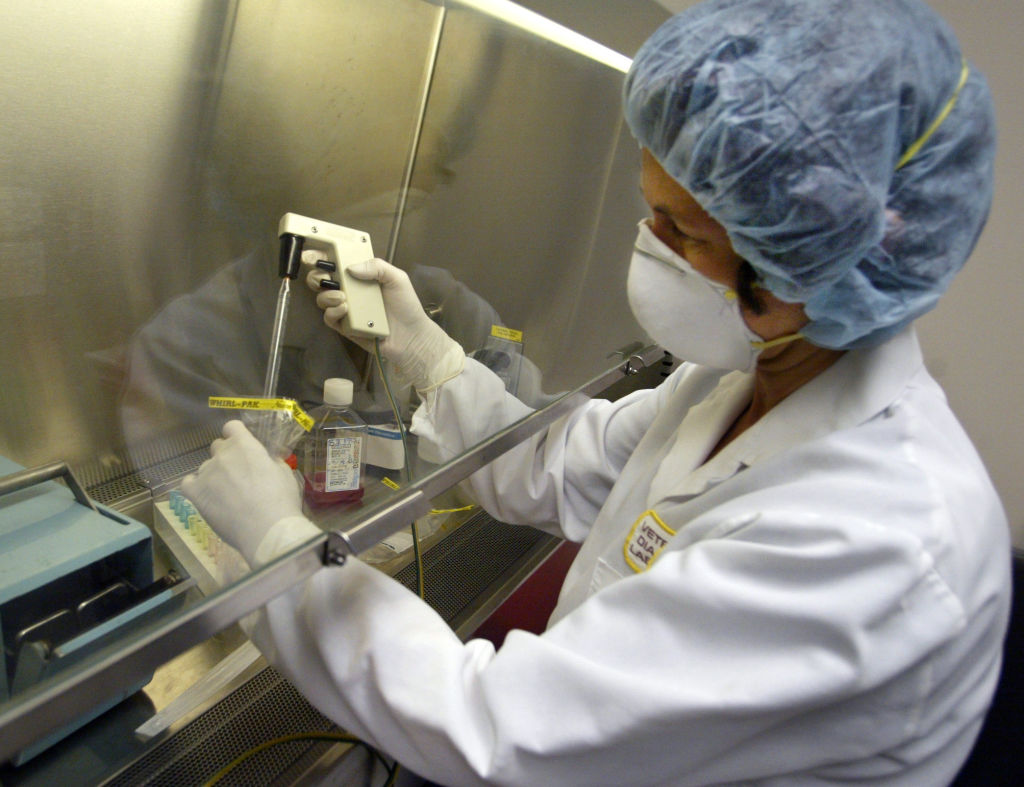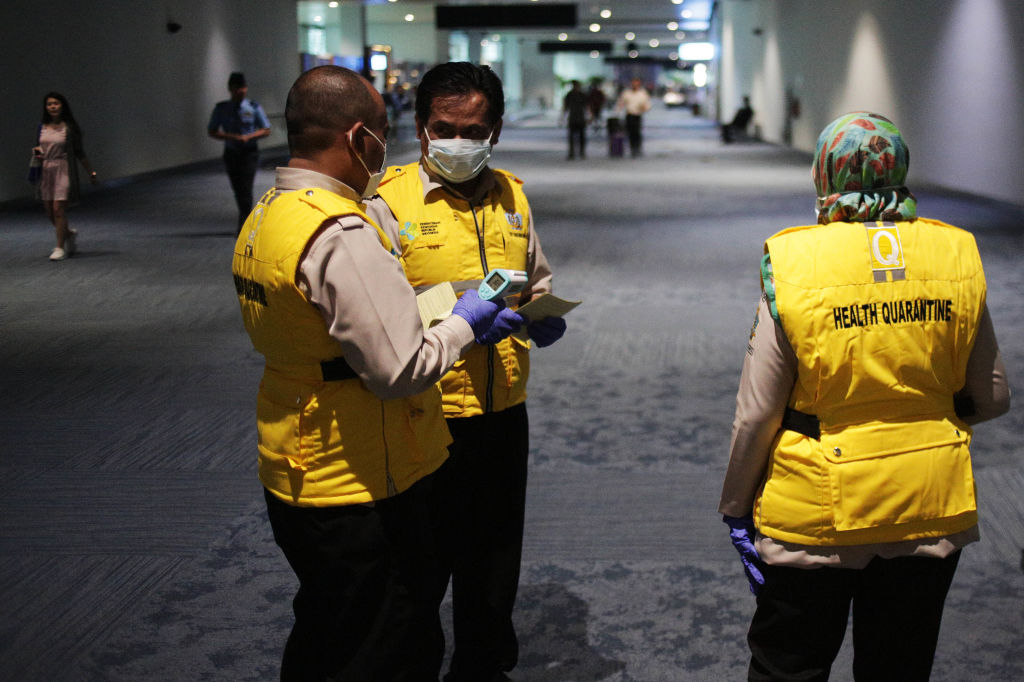Written by Katy Harrington
Katy Harrington is Stylist’s commissioning editor and acting deputy digital editor.
Dr Michael Skinner, a virologist in Imperial College’s Department of Infectious Disease, explains how monkeypox spreads and how concerned we should be.
The UK Health Security Agency (UKHSA) is investigating four new cases of monkeypox in the UK.
The UKHSA detected two additional cases of monkeypox, one in London and one in the south-east of England. The latest cases have no travel links to a country where monkeypox is endemic, so it is thought they acquired the infection through community transmission.
The latest cases bring the total number of monkeypox cases confirmed in England since 6 May to nine, with recent cases predominantly in gay, bisexual or men who have sex with men (MSM).
Investigations are ongoing to establish the links between these cases, with some concerns about human-to-human transmissions.
Here’s what you need to know about the virus.
What is monkeypox?
Dr Michael Skinner, a virologist in Imperial College’s Department of Infectious Disease says: “Monkeypox is actually a disease of small African animals, like rodents. The reason it’s called ‘monkeypox’ is that it was first found in monkeys who – like humans – can sometimes acquire infections from small animals.
“It’s from the same family of viruses as smallpox, which was eradicated globally in 1980, and the vaccination against smallpox also protects against monkeypox.”
How does monkeypox spread?
The virus spreads through close contact and UKHSA is advising individuals, particularly those who are gay, bisexual or men who have sex with men to be alert to any unusual rashes or lesions on any part of their body, especially their genitalia, and to contact a sexual health service if they have concerns.
Monkeypox has not previously been described as a sexually transmitted infection, though it can be passed on by direct contact during sex. It can also be passed on through other close contact with a person who has monkeypox or contact with clothing or linens used by a person who has monkeypox.
Dr Skinner says: “Although the current cluster of cases is in men who have sex with men, it is probably too early to make conclusions about the mode of transmission or assume that sexual activity was necessary for transmission, unless we have clear epidemiological data and analysis.”
He continues: “By nature, sexual activity involves intimate contact, which increases the likelihood of transmission, whatever a person’s sexual orientation and irrespective of the mode of transmission.”
What are the symptoms?
According to UKHSA, initial symptoms of monkeypox include “fever, headache, muscle aches, backache, swollen lymph nodes, chills and exhaustion. A rash can develop, often beginning on the face, then spreading to other parts of the body including the genitals.”
The rash changes and goes through different stages, and can look like chickenpox or syphilis, before finally forming a scab, which later falls off.”
Should we be concerned about monkeypox?
The UKHSA says the virus does not usually spread easily between people and the risk to the UK population remains low.
Speaking about cases in the UK, Dr Skinner says: “Occasionally, cases occur in the UK in people who have travelled to areas where the virus is more common. The UK recorded some cases in June 2021 too.
“When these outbreaks happen it is important to identify the first case of the latest cluster, and this is typically someone who has caught it outside of the UK. It’s also important that potential cases are identified, isolated and their contacts traced.”
Dr Skinner says there is still more research to be done to understand this latest cluster of cases, and clinicians and public health authorities need to be on alert to spot cases early to limit transmission.
“In the meantime, it’s important to remember that transmission of monkeypox relies on people being in close physical contact, so it is unlikely to spread rapidly within the UK.”
Anyone with concerns that they could be infected with monkeypox is advised to contact NHS 111 or a sexual health clinic. People should notify clinics ahead of their visit. The NHS assures all calls will be treated sensitively and confidentially.
Image credits: Donal Husni/NurPhoto via Getty Images, Judy Griesedieck/Star Tribune via Getty Images, Jepayona Delita/Future Publishing via Getty Images
Source: Read Full Article



